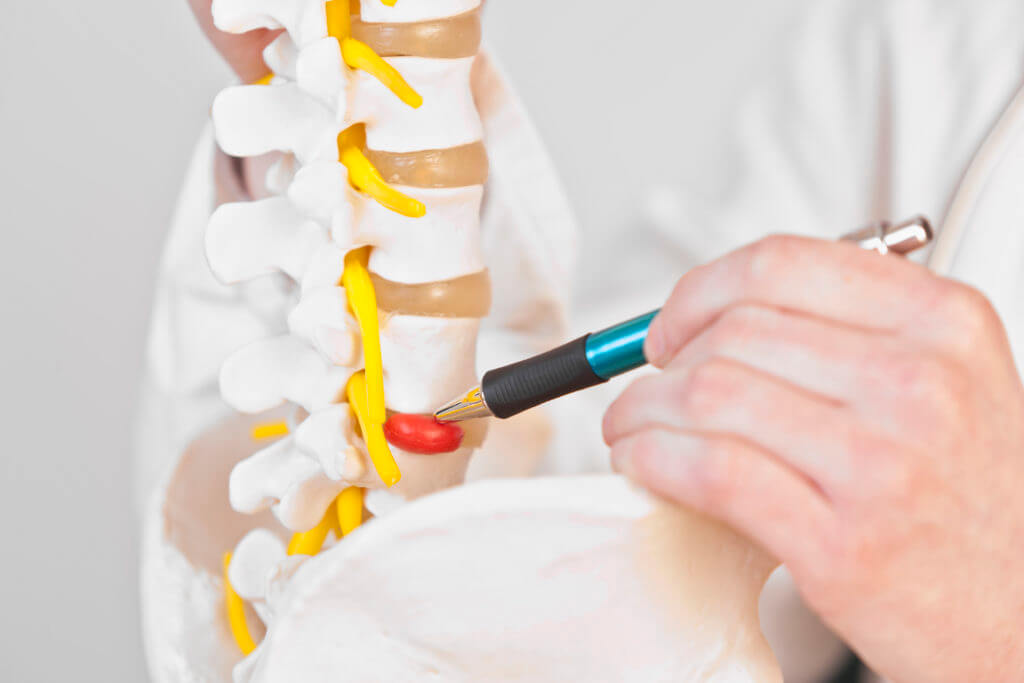

Find an orthopedic surgeon near you in Nashville, TN or Franklin, TN! If you are experiencing persistent issues relating to a herniated disc, like lower back pain, other back pain, neck pain, weakness, numbness, or tingling, come see one of our amazing spine doctors: Colin G. If your symptoms will not go away or worsen, seek help from a spine specialist near you.īook an Appointment with a Back Doctor or Neck Doctor Near You Sometimes a herniated disc can still be present, but if it is not causing symptoms, it is okay to let it be. Herniated discs can go away on their own with conservative treatment or rest and activity modification.

However, if your symptoms do not lessen after six weeks, you may need to see a physical therapist or a spine specialist. Most people who experience a herniated disc will just need to rest and focus on preventing the disc from getting worse. There are a variety of treatment options for herniated discs, ranging from rest to surgery. Make stretching part of your daily routine - even from your desk chair!.Eat healthily and maintain a healthy weight.Avoid shoes that do not provide good support such as high heels and shoes with a flat bottom.Exercise frequently and focus on the muscles that support the spine: core, trunk, back, and lower back.Herniated discs are not always preventable, but here are some steps that may help with prevention: Weight- The spine suppports the body, so being overweight may put extra pressure on the spine, and increase the chance of developing a herniated disc.Sex- Men are more likely to develop a herniated disc than women.The older you are, the more likely it is that you will develop a herniated disc. Age- As you age, your discs begin to degenerate.Career- If you work a physically demanding job, you are more at risk of developing a herniated disc, neck pain, or back pain.Who is at Risk of Developing a Herniated Disc?Īnyone can develop a herniated disc however, the following factors may increase your risk of developing this condition: If the herniated disc is not pressing on a nerve, you may experience little to no symptoms at all. If your herniated disk is in your neck, you'll typically feel the most pain in your shoulder and arm.” You might have pain in part of the foot, as well. More specifically, experts at Mayo Clinic say, “If your herniated disk is in your lower back, you'll typically feel the most pain in your buttocks, thigh, and calf. Symptoms may be experienced in the arms and legs. This can cause weakness, numbness, and pain in the connected nerve, most often resulting in back pain. Symptoms associated with herniated discs typically only occur when the disc is pressing on a nerve. If multiple people in your family have experienced herniated discs, you may be genetically inclined to get one as well. In addition to aging, herniated discs can be caused by injuries and genetics. The older you are, the more likely it is for a minor injury to cause a disc to rupture. When we age, discs begin to gradually degenerate, and the surrounding ligaments lose strength. Herniated discs most often occur due to age. Most of the time they can be healed by rest however, if symptoms persist, you may need to see an orthopedic surgeon near you specializing in spine surgery.

Herniated discs are quite common and do not always need treatment. A ruptured disc can occur in two places: the lower back, known as the lumbar spine, and the neck, known as the cervical spine, causing back pain and neck pain. A herniated disc, also known as a ruptured disc, refers to issues with the soft, rubber disc between the spinal bone. If you are experiencing pain, weakness, or numbness in your arms or legs, you may have a herniated disc.


 0 kommentar(er)
0 kommentar(er)
